Registration and coffee
Chair’s opening remarks
Keynote panel: Current state of the US distressed and restructuring market
Debt investors and economists have differing views on whether a recession will hit the US this year or early next year. Distressed asset managers who anticipate a downturn are planning opportunistic activity, whereas others doubt that a recession will boost the record-low corporate default rates that followed the COVID-19 pandemic. This panel will review the macroeconomic climate in the US and its impact on the US distressed and restructuring market. What are the opportunities and challenges? Panelists will debate:
- Will a global economic downturn lead to higher rates of corporate default?
- What are the opportunities for debt funds to deploy dry powder? What is the deal pipeline?
- How have “capital call” structures increased in popularity?
- What are the long-term implications of the government stimulus that flooded the market during COVID-19?
Keynote presentation: Evolution of diversity in the restructuring and distressed markets
In this keynote presentation, former hedge fund manager, author of Damsel in Distressed and Forbes contributor Dominique Mielle will share her thoughts on the current restructuring and distressed markets and participants - how the industry has evolved and what more needs to be done to promote diversity of thought, especially in the face of a potential economic downturn.
Networking break
Panel: Creditor-on-creditor tension - Dropdowns, uptiers, and what might be next?
In recent years, liability management transactions involving priming, uptiering and financing through an unrestricted subsidiary have led to misaligned goals between investors. This panel will review the current themes in lender-on-lender violence reviewing recent cases both in-court and out-of-court, as well as addressing the following questions:
- Will a downturn and higher numbers of default cases lead to a reduction in creditor-on-creditor tension?
- What are the most common maneuverers used by creditors to materially disadvantage other lenders? Uptier exchanges or covenant-stripping?
- How can lenders add provisions to proactively protect against uptiering?
- How do lender-on-lender violence strategies impact valuations, particularly in litigated cases?
Case studies: The landscape of cryptocurrency during the ‘cryptopocalypse’
The US digital asset slump has claimed many crypto bankruptcy victims including crypto broker Voyager Digital, crypto-based finance platform Celsius Network and Three Arrows Capital, a crypto-focused investment firm. Investors are referring to the impact of the financial crisis on the crypto space as ‘crypto winter’ and experts predict that this could be the beginning of a series of bankruptcies of major cryptocurrency companies. This session will review:
- How will law the need to adapt to bankruptcy proceedings involving cryptocurrency companies?
- Should customers’ digital assets be considered property of the bankruptcy estate?
- Who are the buyside candidates in the sales of crypto assets?
- Which other companies could fall victim to the digital asset downturn?
Panel: Are ESG considerations still a priority in the face of a global economic downturn?
In a recent study by RBC, almost 50% of US investors said that financial performance and returns were more important than ESG impact. Notably, US-based ESG funds have returned 10.2% on average per year, compared to 12.6% for broader funds. A new report released by Bernstein advised that if the US heads into a recession, inflation is expected to remain high, but diversity, inclusion and the circular economy themes are well-positioned in times of slowing growth and recession with relatively low volatility, high free cash flow yield, and offer higher quality at a reasonable price. This panel will discuss:
- Will ESG considerations become less important in the face of an economic downturn?
- How might LPs reassess ESG priorities in the face of an economic downturn when allocating funds?
- How can investors use restructuring opportunities to promote diversity, inclusivity, and a circular economy?
- How are green bonds performing and what is the future of ‘green’ or climate related issuance?
Lunch
Panel: Consumer sentiment – a future distressed sector?
Chapter 11 bankruptcies as a whole have been creeping up in 2022, but largely remain at a low rate. Despite this, 2022 has seen a spike in small business bankruptcies. These figures could rise even further as Congress passed legislation to amend the Bankruptcy Code and increase the debt limit under Chapter 13. Meanwhile, US consumers are starting to feel the pressure of inflation as they struggle to cope with higher prices for necessities. Banks are also preparing for turbulence by increasing their loan loss reserves as they experience signs of distress and as Americans save less of their earnings. This panel will discuss:
- As low-income consumers are most impacted by inflation, which types of companies do you expect to experience stress first?
- What can the Fed do to raise economic growth and dampen inflation?
- Which retail company will be the next to file for bankruptcy?
- Will higher-incoming consumers keep splurging on luxury items?
Networking Break
(Stream A - Market Dislocations) Chair's welcome remarks
(Stream B - Focus on Latin America) Chair's welcome remarks
(Stream A - Market Dislocations) Panel: The evolution of the Texas two-step
Debtors facing mass tort liabilities are using a lesser-known Texas law that allows a business in the Lone Star State to perform a divisive merger in order to preserve and protect the legacy entity’s assets whilst resolving its mass tort liabilities through the Chapter 11 process. Johnson & Johnson’s debtor subsidiary LTL Management recently made efforts to extend the reach of the Texas two-step, seeking to suspend two state actions in New Mexico and Mississippi pending against LTL and certain non-debtor entities, including J&J, during the pendency of LTL’s Chapter 11 case.
(Stream B - Focus on Latin America) Panel: Focus on LatAm Chapter 11 bankruptcies
This session will review recent US Chapter 11 and Chapter 15 restructuring cases from Latin American companies, including new situations in Chile, Colombia, Mexico and Argentina. Notable cases to be discussed include Credito Real, Stoneway Capital, Alto Maipo, La Forta and airlines Avianca and Latam Airlines Group.
(Stream B - Focus on Latin America) Panel: Distressed country focus - Mexico
Mexico has been a fertile hunting ground for distressed investors with an eye for a bargain and an appetite for risk. The country saw increased FDI following the pandemic with US equity funds and institutional investors, such as Canadian pension plans, looking favourably on opportunities in the country. However, Mexico’s lacklustre economic performance has widely been put down to its president who has offered little financial support to big businesses.
(Stream A - Market Dislocations) Panel: Private debt - a resilient choice?
As inflation pressures persist and consumer sentiment deteriorates further, more companies are engaging advisors and showing risks of pursuing distressed exchanges in the near future. However, increased interest rates mean increased yield for private debt. Investors are attracted to private debt due to its reputation for being high-yield, but also for its favourable risk-adjusted returns. Experts predict that the US will dominate the direct lending space globally as low interest rates and bank regulations create a resilient and attractive environment for private lenders.
(Stream B - Focus on Latin America) Panel: Distressed country focus - Brazil
Brazilian distressed-credit investing specialists expect increasing interest rates and a weak national economy to multiply opportunities as conditions tighten. This panel will identify opportunities and evaluate the risk/reward profile of distressed investing in Brazil in 2023.
Networking drinks
Confirm cancellation
An error occurred trying to play the stream. Please reload the page and try again.
CloseSign-up to join the ION Analytics Community to:
- Register for events
- Access market insights
- Download reports











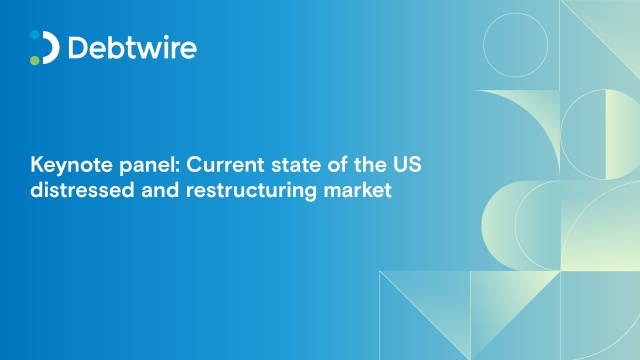 play_arrow
play_arrow

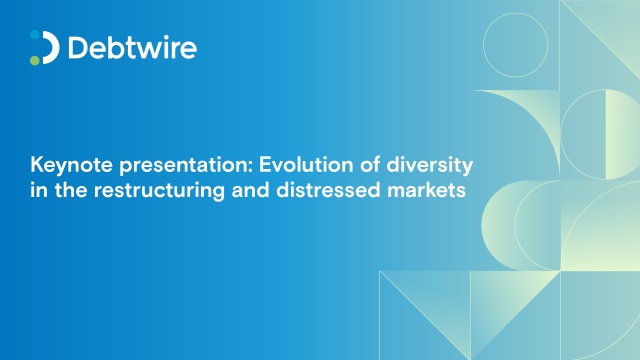 play_arrow
play_arrow





 play_arrow
play_arrow






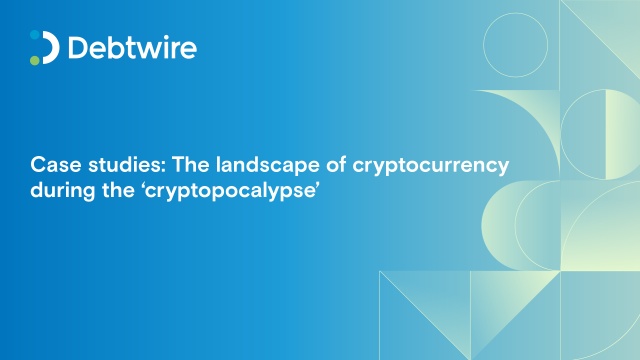 play_arrow
play_arrow








 play_arrow
play_arrow




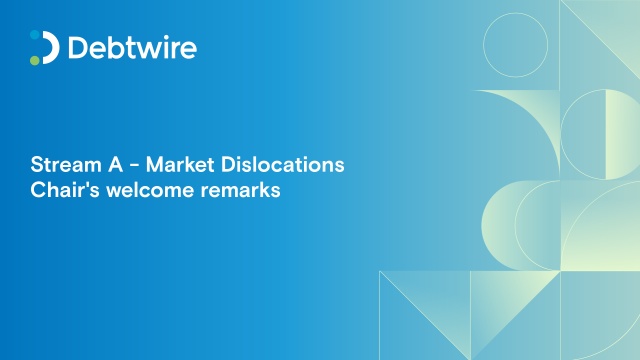 play_arrow
play_arrow




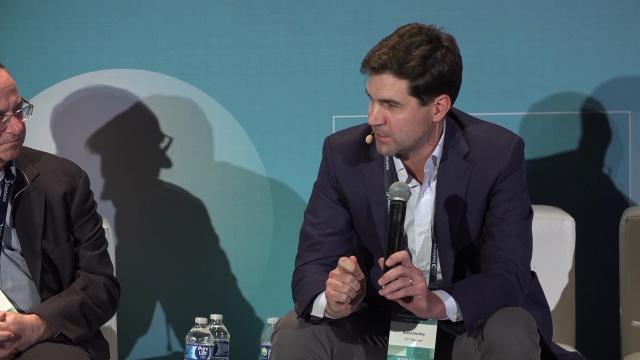 play_arrow
play_arrow






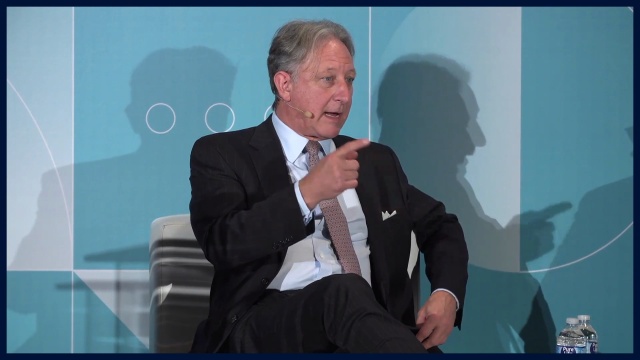 play_arrow
play_arrow






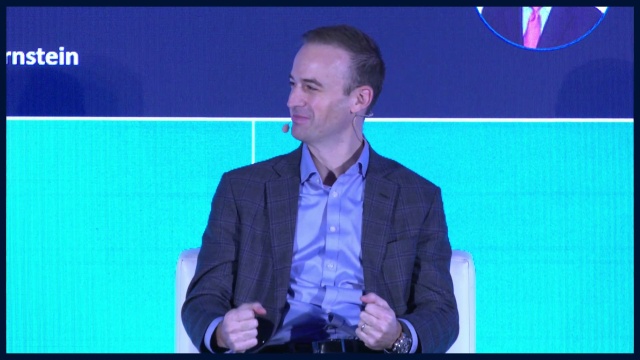 play_arrow
play_arrow


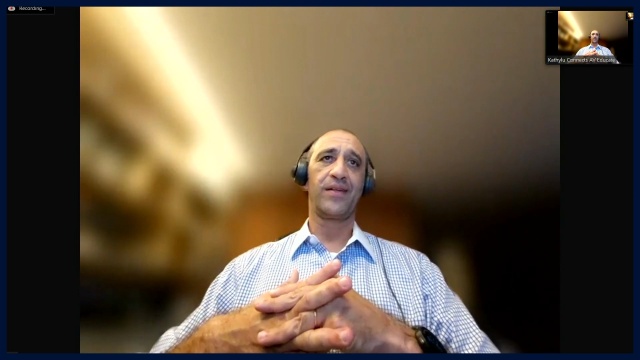 play_arrow
play_arrow





































